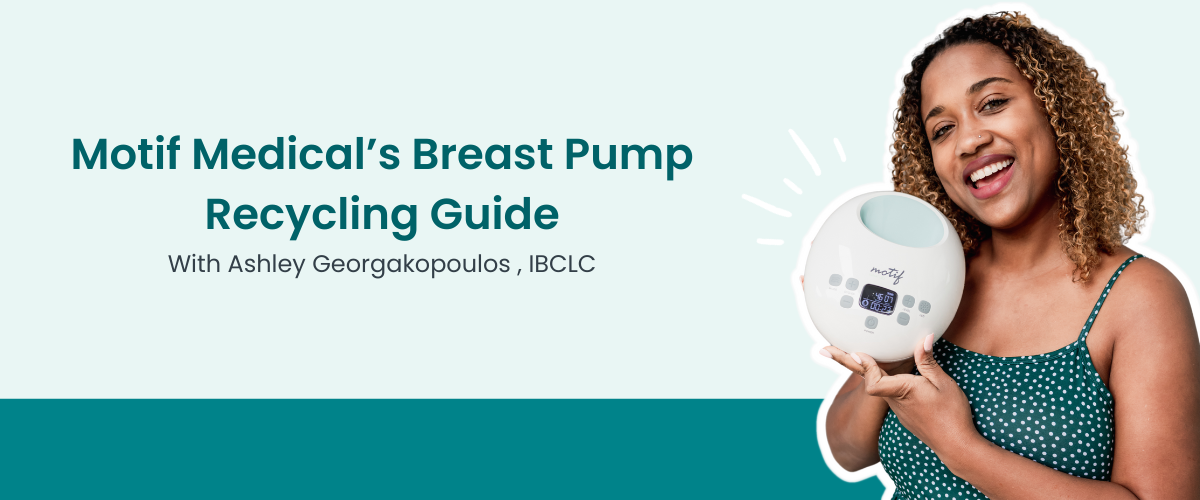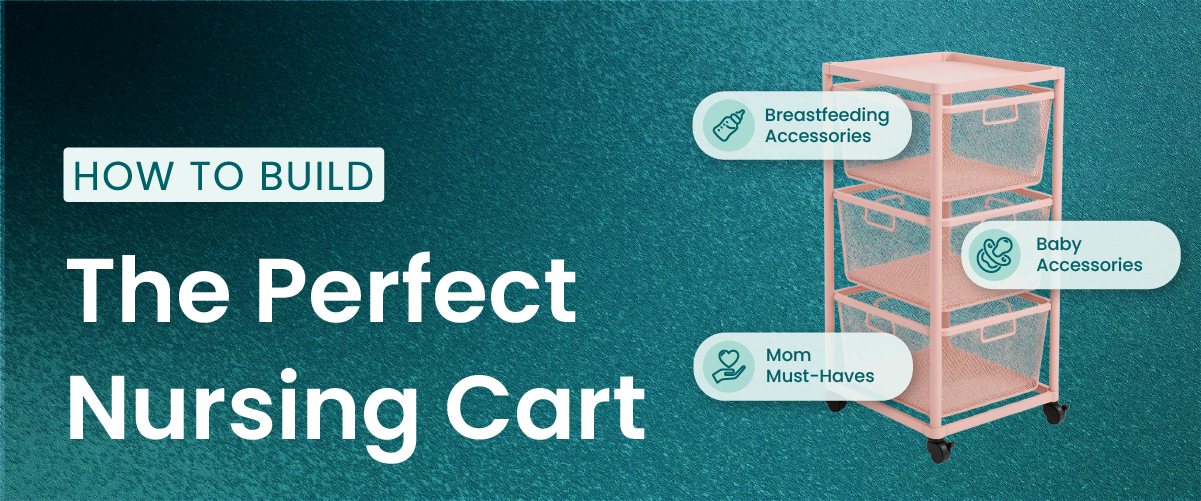What is an IBCLC?
An International Board Certified Lactation Consultant (IBCLC) is considered the gold standard in human lactation and breastfeeding support. They bridge the gap between mothers and other healthcare professionals by offering in depth knowledge specific to the science behind breastfeeding and lactation, along with tools to solve breastfeeding problems and questions. Governed by the International Lactation Consultant Association (ILCA) and the International Board of Lactation Consultant Examiners (IBLCE), lactation consultants with the IBCLC credentials show the most experience, knowledge and credibility among the other credentials by completing the following prior to examination and crediting:
- Bachelor's Degree or higher level that satisfies a health science background, i.e. nursing, nutrition, medical, etc. pathways
- 1000+ hours of lactation-specific clinical experience
- 95 hours of continued education in lactation and communication
In short, your LC is there for essentially any concern within breastfeeding, and can equip the mother to improve breastfeeding outcomes. Preplanning by consulting with a lactation consultant can be quite beneficial, too!
While pregnant
- Breastfeeding Classes
- Great for both new moms and experienced moms for a refresher
- One-on-One planning and counseling
- More in-depth than a group class
- Ideal for preexisting health issues or concerns that may impact breastfeeding to help plan and prepare
- Pumping help
- Choosing a pump
- Planning for return to work
- How a breast pump works


The ultimate goal for an IBCLC is to equip the mother and her family to fulfill her own individual breastfeeding goals in the healthiest way possible. They can be found in private practice, but also hospitals, birthing centers, WIC offices, and pediatric offices as part of the healthcare team.
- Counseling skills (relative to breastfeeding and postpartum topics)
- Breast health management
- Community and health care resources
- Breastfeeding education
- Breast Pump help and education
When to Consult with an IBCLC
Before or during your appointment, information will be filled out to help your consultant familiarize, chart, and document your concerns and the health status of you and your baby(ies). A weighted feed may be asked, which is a weight check on the baby before and after a feed, as it is the easiest and quickest way to check milk amounts ingested. Breasts may be examined to check for nipple shape, damage, breast redness or abnormalities, and fullness.
While the problems or concerns may seem obvious, a good IBCLC will do some thorough assessments relative to the concern, as many issues can be masked as others or be a side issue of one not so obvious. Correlation does not equal causation, and great detective work can take away damage done to a mother's self esteem! Do not be afraid to ask questions and discuss anything that may seem relative, and know that your LC is on your team and without judgment or agendas.


Postpartum Consultations
- Sore nipples
- Concerns on milk production/milk supply
- Baby not transferring enough milk; plateauing weight gain
- Baby clicking or letting go of the nipple; difficulty trying to breastfeed
- Engorgement
- Mastitis
- Clogged ducts
- Pumping help
- Milk storage
- Bottle feeding
- Formula supplementation
- Weaning (yes, even stopping breastfeeding so as to help you do so in a healthy way!)
- Resources for medication questions, nutrition, doulas, pediatricians, etc.
- Anytime there is a concern regarding breastfeeding!
What to Expect During your Consultation
Your IBCLC should be warm, confident and friendly. This is someone you will more than likely breastfeed, hand express, or pump around, and you need to feel comfortable.
Preparing for your Appointment
Payment and Insurance
Discuss with your insurance about lactation consultant coverage. Many insurances now cover or reimburse. If your IBCLC does not have a network they are associated with or takes insurance up front, ask for a "Superbill" to submit, which is a coded receipt. Other options may be sliding scale prices and scheduled payment plans.
Before your appointment
On many occasions, especially if the appointment is specifically about a newborn baby breastfeeding, a mother will wait to feed the baby if getting close to the time of the appointment. In actuality, it's preferred to have the mother still feed the baby on demand if able. This helps decrease stress in the baby, and for the mother. A thorough appointment is on average about 2 hours, which allows time for at least one feeding to occur within that time frame.
Review the lactation services they provide. Some may offer specific services such as oral screenings, pumping assistance, in-home appointments, and more.








